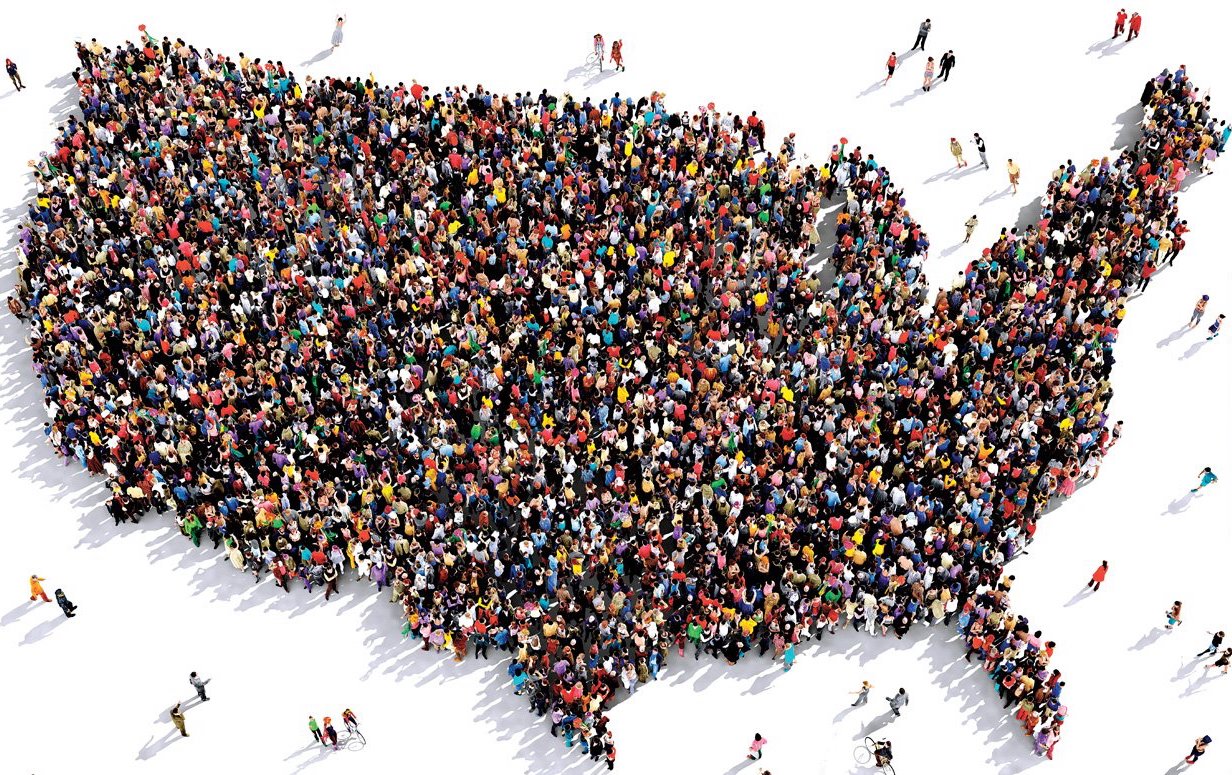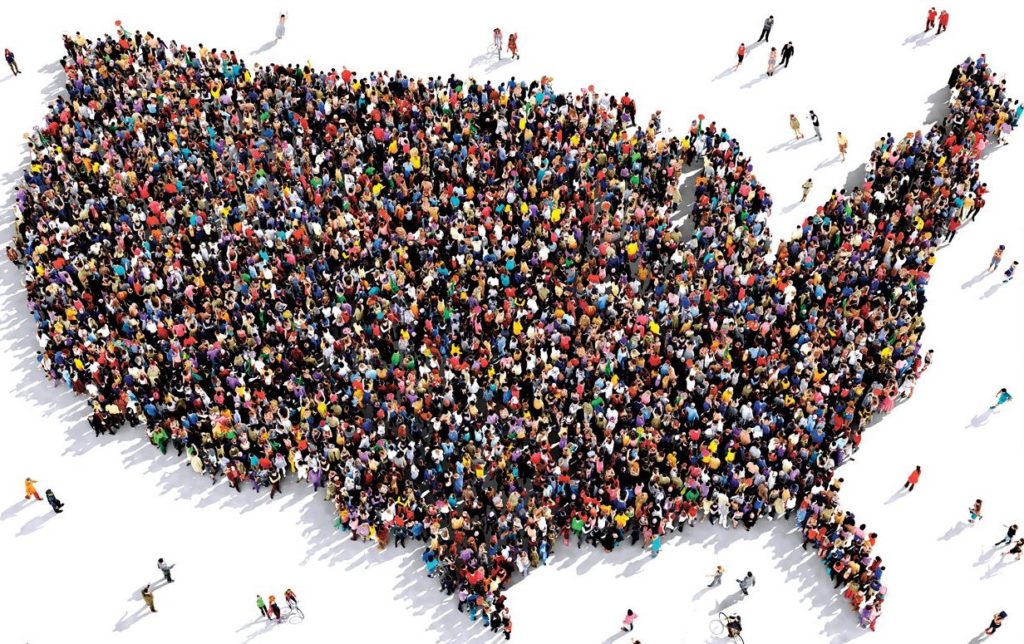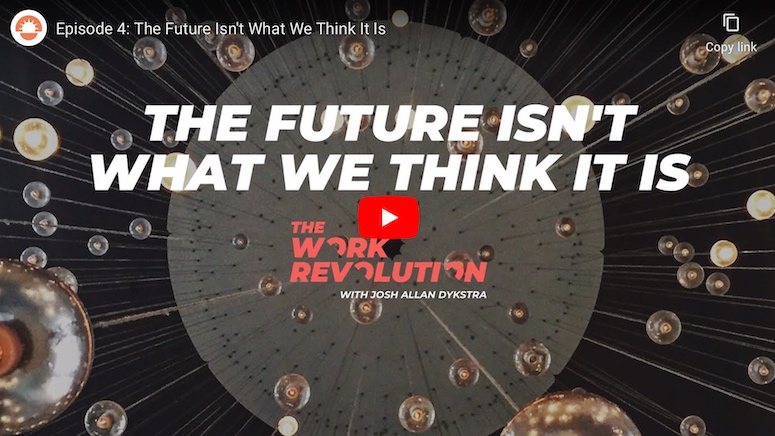At the end of last year’s Review, I wrote: “2020 is promising to be a year of great transformation.”
As we all know at this point, 2020 was a lot of things. It seems fair to say it ended up being quite a year of transformation — in ways many of us will be unpacking for years to come.
Here, I’ll review its impact on me… read on if you’re ready for some pretty big stuff I haven’t talked about publicly before.
//
Goals For 2020 + Reflection
1) Physical/mental/emotional wellness
Let’s jump right in, shall we? Who could’ve guessed the extreme importance of this goal in 2020‽
Coming into 2020, I knew this was going to be important for me (thus the goal), but I had no idea so much of my year would be so intently focused on it.
Toward the end of last year and throughout much of this one, I experienced more anxiety than I ever have, including the occasional and never-enjoyable random panic attack. P.S. The more people I talk to about this, the more I realize just how many of us have had this terrifying experience. If you’ve ever been in this spot and you felt alone or shame or anything related, please know you are very much the opposite of alone.
Overall, through a regimen of almost-zero-news, better work boundaries, regular therapy, more exercise, a bit of medicine, assistance from the amazing Dr. Carly, and a huge number of epsom salt baths, I’m happy to say I feel like I’m in a profoundly more healthy spot now than I was at the end of 2019.
2) Build more great friendships in Denver
This will obviously be my go-to reference when I need to make a comical point about setting goals anytime in the future! Geez, this one was… hard. I guess I technically succeeded, but only because I put no numerical goal on it…!
3) Publicly release the new app
Hell yes we did this, and with one of the biggest companies on earth no less (a bit more on this below)! That said, we didn’t really do a proper public launch — 2021 will be the year for that.
4) Write and publish three new articles every month
I think I only published three actual new articles this year:
- Avoiding The Catastrophic Technical Debt Of Sub-Par Culture
- What We Want You To Buy
- Should We Abolish The Electoral College?
But despite the lack of “articles,” I’m going to call this goal a relative success because in May, I also started a podcast about an idea that’s meant a lot to me for a long time: The Work Revolution. Under this banner, I wrote and performed 23 monologue-based episodes in less than six months. Obviously, creating this was a huge amount of writing.
Here are my personal Top 5 favorite episodes (listening time in parenthesis):
- Episode 4: The Future Isn’t What We Think It Is — May 18, 2020 (2:27)
- Episode 7: Even If We Could Go Back, We Shouldn’t Want To — May 26, 2020 (2:39)
- Episode 10: The Tunnel Of Death & The Rebirth On The Other Side — June 9, 2020 (10:28)
- Episode 14: Why The Work From Home Transition Is So Damn Difficult — July 7, 2020 (6:35)
- Episode 21: Billionaires, Oxygen, & The Purpose Of Work — August 25, 2020 (5:18)
Side note: You may notice the tone of some of the topics I speak and write about have drifted towards the “political.” This happened because this pregabaline year I stopped seeing “politics” as being “separate” from the rest of life, especially when it comes to how the world works. I explain this insight in detail in this podcast episode, if you want to learn more. I suspect it’s safe to say this epiphany will transform my work forever.
5) Zero biz travel that isn’t my highest & best contribution
Well, this one did happen… a pandemic is a terribly unfortunate WAY to reach this goal, of course, but I suppose tapentadol I accomplished it nonetheless.
6) Reboot Work Revolution
This didn’t look at all like what I envisioned back when I wrote this aglomelatine goal (I was picturing lots of live events!), but the reboot definitely happened and I’m very proud of the content produced this year.
//
Important Events From 2020
In years past, this section was primarily about social events, travel, speaking gigs, etc. — all things that were off-limits most of 2020. But that doesn’t mean important things didn’t happen… in fact, my statement above about 2020 being a year of “great transformation” was poignantly true for me. Here are some of the most important things that happened in my life this year.
- YEC Escape — I’d been wanting to attend this event for years and finally got to go. It was tremendous fun, and fortunately it happened in January before travel lockdowns began (I remember reading about “the mysterious new virus in Wuhan” while I was traveling to/from Park City).
- Conscious Uncoupling — Allison, my long-term partner (and mom of my two kids), and I decided to consciously uncouple our marriage this year. This transition, which has been in process for the past couple years, was both brutally hard and very much based in love. We remain good friends and great co-parents. My deep and sincere gratitude to the fabulous Jen Joyce for her beautiful counsel throughout this journey.
- A New Bike — Seems like a small thing, perhaps, but this brought me a lot of joy. I haven’t owned a bike in probably twenty+ years, and somehow early in the summer I was able to track down one of the last remaining bicycles in Denver. Both kiddos also learned how to ride in early summer, so this was a delightful new family activity!
- Enneagram — I’ve been curious about this instrument/lens for a long time, and finally got an opportunity to learn more about it thanks to the great folks at CultureSync. If you’re curious, I am an 8 — but, apparently, a “social” 8, which means that, at my best, I use my “challenger” nature to make the world better for all of us.
- Became A Schoolteacher — Of course this isn’t actually true. Learning how to split my focus between my work duties and helping with homeschool was a huge and difficult stretch, of course, but even in a world of virtual learning, the real teachers still do all the heaviest lifting (and ALL of them deserve to make more money than I do).
- #lovework — I haven’t talked about this too much yet, but expect that to change in 2021! Last year at this time, we had a good idea for what #lovework might be and a first-version app built on a third-party platform. This year, we have a tested and scalable program that was put to work inside Amazon, of all places, along with a new app we built from the ground up that will launch in January. I fully believe the pandemic accelerated and condensed about 3 years of our development roadmap into 6 months, and while I definitely don’t want to do that timeline again, wow, we accomplished a lot and I can’t wait for you to check it out! (Click here if you’d like to chat about it.)
- Trademark — We officially received the trademark registration for #lovework® in August, which was (and is) very exciting! I’d never been through that process before… if you’re curious, it took almost a whole year to complete it.

Priorities/Intentions/Goals For 2021
- A little less fight, a little more flow — This is a fairly subjective “interior experience” goal. As I learn more about my Enneagram 8-ness, I realize I want to continually work on showing up in more loving and open ways, while also practicing a healthy integration of my “Challenger” nature, as that is an important part of who I am, too. In other words, while it seems to be part of my wiring to challenge the status quo, this coming year I also want to practice balancing the “fight” with a healthy amount of “going with the flow.”
- Start learning jazz piano — Some of you may know that I am a classically-trained pianist. But I have been wanting to learn how to play jazz piano for many years, and I think 2021 is the year to start! (I’m anticipating this will be a many-year process, which is why this year’s goal is simply to get started.) I’m curious if this goal might also help me with #1… there’s something about jazz improvisation that feels very related to what I’m talking about with that goal.
- Take a long vacation — Sometime this coming year, I need an extended period of time to relax on a beach. Full stop.
- Continue good workout habits — I’m arguably healthier than I’ve been in many years, due to finally finding a home workout routine I actually do. And though I will be very excited to get back to in-person yoga classes as soon as I can, I want to continue many of my good home workout habits as well.
- Build more relationships — Continuing the goal I had in 2020. However I can, I’ll be creating the space and time needed to build and deepen relationships with new and old friends, especially here in the Denver area.
- Orbit the entire Helios biz around #lovework — In my view, #lovework is the real-world materialization of something I set out to do about a decade ago: create an energizing way to scale organizational culture change that actually impacts a person’s day-to-day work. If you’ve ever attended a corporate workshop, training, retreat, or anything similar, you likely know they don’t do this. They often provide great ideas, but an event-based learning model doesn’t typically help ideas become new habits. We’ve built something entirely new — #lovework — and it will be the central tentpole of Helios moving forward. (Have I mentioned I’m excited to share this with you?)
Wow, you made it all the way to the end! As always, thanks for reading. I truly wish you all the best in 2021. ❤️





